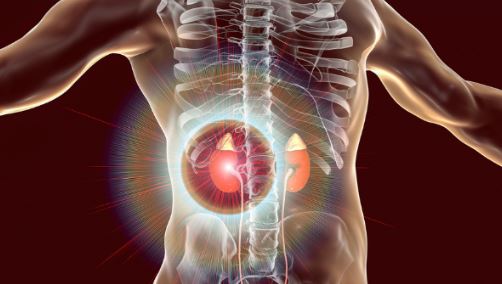
Symptoms of kidney disease
Kidney disease is a serious medical condition that affects millions of people worldwide. It is essential to be aware of the symptoms of kidney disease so that it can be diagnosed and treated early. In this article, we will explore the common signs and symptoms of kidney disease, as well as what you can do to help maintain healthy kidney function.
What are the Symptoms of Kidney Disease?
- Fatigue: One of the earliest signs of kidney disease is feeling tired and weak all the time. The kidneys play a crucial role in filtering waste products and toxins from the blood, so when they are not functioning correctly, it can lead to a buildup of these harmful substances in the body, causing fatigue.
- Swelling: Another common symptom of kidney disease is swelling, especially in the legs, ankles, feet, and hands. This swelling, also known as edema, occurs when the kidneys are unable to remove excess fluid from the body, leading to fluid retention.
- Changes in Urination: People with kidney disease may experience changes in their urination patterns. This can include more frequent urination, especially at night, or difficulty urinating. Additionally, urine may be foamy or contain blood.
- High Blood Pressure: Kidneys play a crucial role in regulating blood pressure. When they are not functioning correctly, it can lead to high blood pressure, which is a common complication of kidney disease.
- Nausea and Vomiting: Many people with kidney disease experience nausea and vomiting, especially in the morning. This can be due to the buildup of waste products in the body that can cause stomach upset.
How Can You Maintain Healthy Kidney Function?
- Stay Hydrated: Drinking an adequate amount of water is essential for maintaining healthy kidney function. Water helps the kidneys flush out toxins and waste products from the body.
- Eat a Balanced Diet: A diet rich in fruits, vegetables, and whole grains can help support kidney health. Avoiding processed foods, salty snacks, and sugary drinks can also help protect your kidneys.
- Exercise Regularly: Physical activity is crucial for overall health, including kidney health. Regular exercise can help lower blood pressure, reduce the risk of chronic diseases, and improve kidney function.
- Avoid Smoking and Excessive Alcohol Consumption: Smoking and excessive alcohol consumption can damage the kidneys over time. Quitting smoking and limiting alcohol intake can help protect your kidneys.
- Monitor Your Blood Pressure and Blood Sugar Levels: High blood pressure and diabetes are two leading causes of kidney disease. Monitoring your blood pressure and blood sugar levels regularly can help detect any issues early on.
In conclusion, being aware of the symptoms of kidney disease and taking steps to maintain healthy kidney function are crucial for overall health. By recognizing the telltale signs and making healthy lifestyle choices, you can help protect your kidneys and reduce the risk of developing kidney disease.Learn about the common signs and symptoms of kidney disease, as well as how to maintain healthy kidney function. Stay informed and take charge of your health!
By following these practical steps, you can navigate the telltale signs of kidney disease and ensure that your kidneys stay healthy for years to come. Remember, early detection and intervention are key to managing kidney disease effectively. Take care of your kidneys, and they will take care of you.






